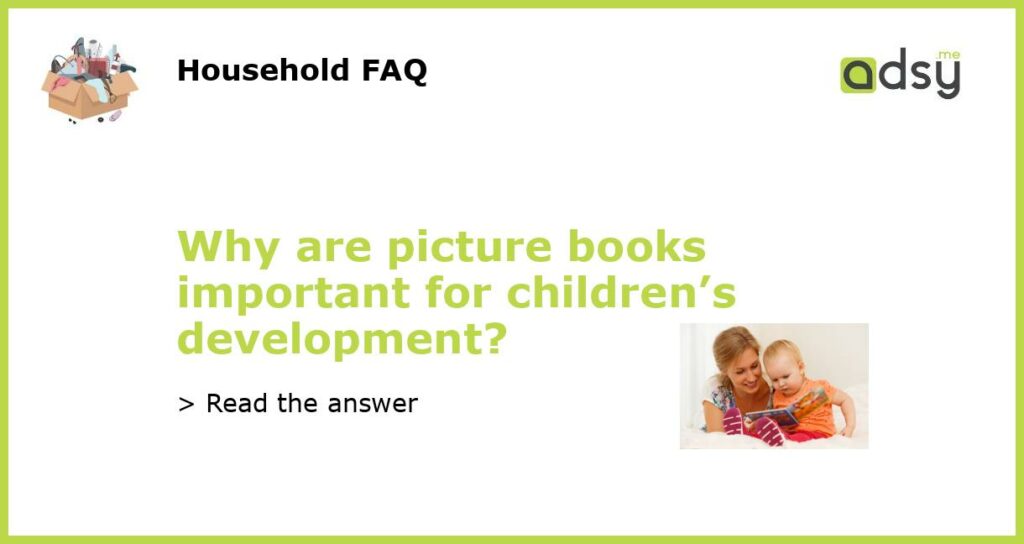Picture books act as magical portals to imaginary worlds, inspiring creativity and curiosity in young children. Their illustrations and stories are an essential part of every childhood, playing a significant role in a child’s development. Experts agree that they can teach children essential life skills, help them understand and process emotions, create a love for books and reading, and foster relationships between children and caregivers.
Building Basic Language and Literacy Skills
Picture books help build a child’s language and literacy skills, setting the stage for learning to read and write. Through the repetitive use of simple words, young children recognize and memorize letters, words, sentences, and even basic grammar structures. Illustrations paired with words help convey meaning and bring the story to life. Picture books also introduce children to new vocabulary and complex concepts, which increase their understanding of the world.
Developing Emotional Intelligence
Picture books can teach children about emotions, empathy, and social skills. Through relatable characters and situations, children learn how to identify, express, and manage their feelings. They learn valuable social skills, such as taking turns, sharing, and following rules. Picture books can also expose children to diverse cultures, helping them develop an understanding and appreciation for differences. Ultimately, these skills help children develop healthy relationships, which are essential for their overall well-being.
Cultivating a Love for Books and Reading
Picture books introduce children to the magic of reading, inspiring a love for books and literature. The bright and colorful illustrations, paired with captivating stories, create lasting memories, a sense of wonder, and a desire to explore the world of books. They help children understand that reading is an enjoyable and valuable activity, leading to better academic performance and a lifelong love for learning.
Fostering Relationships between Children and Caregivers
Picture books provide opportunities for caregivers to bond with children, snuggling up together on the couch and reading a good book. Reading together promotes closeness, trust, and a sense of security, all essential elements for healthy child development. Sharing picture books encourages conversation, imagination, and creativity, strengthening the caregiver-child connection. Moreover, research has shown that children who are read to at a young age have a strong foundation for future academic success and are more likely to thrive in later years.






